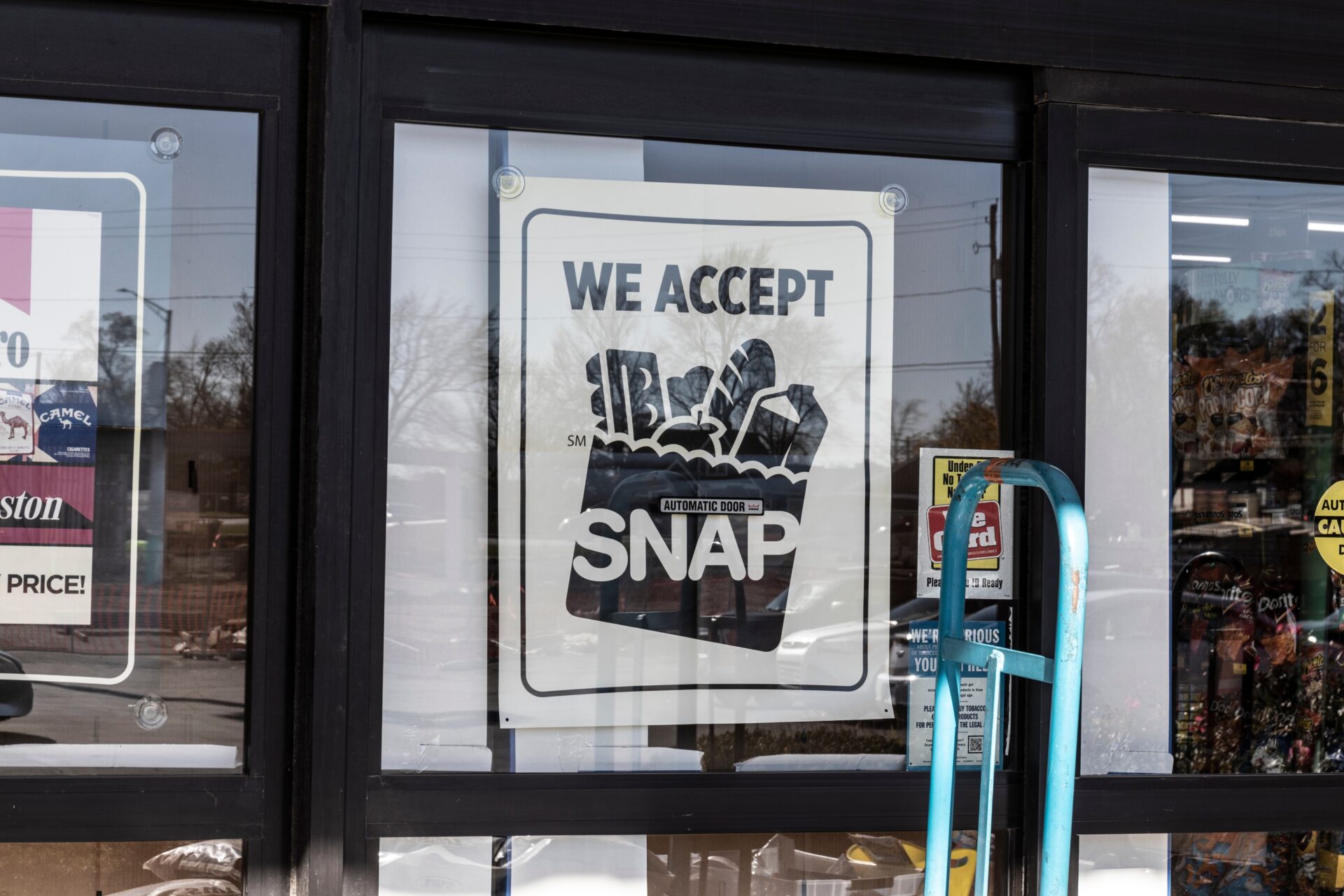
INCREASING Rental SCAM – Women Loses $2,500!
A San Diego woman lost $2,500 in a rental scam after being lured by an impossibly good deal on a beachside property that didn’t exist.
At a Glance
- Alexandria Moya was scammed out of $2,500 after responding to a fraudulent rental listing offering a $1,000/month deal in Ocean Beach
- Rental scams have increased by 64.1% in 2023, with Americans losing $350 million to such frauds in 2021
- Scammers typically pressure victims for immediate payment and create false urgency around rental properties
- Law enforcement recommends verifying property ownership, using trusted platforms, and paying deposits with traceable methods
- Unusually low rental prices in high-cost areas should be treated as a major red flag
Beachside Dream Turns Nightmare
Alexandria Moya of San Diego recently fell victim to a sophisticated rental scam that cost her $2,500. The prospective tenant was looking for housing in the desirable Ocean Beach area when she came across what appeared to be an incredible deal – a beachside property for only $1,000 per month in an area where such rentals typically cost significantly more. The seemingly advantageous offer quickly turned into a financial disaster when Moya discovered the listing was completely fraudulent after already making payment.
According to reports, Moya was pressured by the scammer to make an immediate cash payment to secure the property. The fraudster created artificial urgency by claiming other potential renters were interested. After transferring the funds, Moya was dismayed to learn she couldn’t move into the property as promised, and no refund was provided. The property was never actually available for rent, and the listing had been fabricated to trick desperate renters in San Diego’s competitive housing market.
Growing Trend of Rental Fraud
Moya’s experience is unfortunately part of a growing trend of rental scams targeting Americans. The FBI reports that victims lost a staggering $350 million to such frauds in 2021 alone. More alarming is the 64.1% increase in rental scams observed in 2023, indicating fraudsters are becoming more aggressive and sophisticated in their approaches. These scams have become particularly prevalent in high-demand markets like San Diego, where legitimate affordable housing is difficult to secure.
Law enforcement officials note that scammers frequently employ several common tactics. They often claim to be out of town and unable to show the property in person, pressure potential renters for immediate payment to “hold” the property, or duplicate legitimate listings while changing the contact information. Another red flag is when landlords ask for unusual payment methods that cannot be traced or recovered, such as wire transfers or cryptocurrency.
Protecting Yourself From Rental Scams
The FBI and local authorities have issued guidance to help renters protect themselves from falling victim to similar schemes. First and foremost, potential renters should verify property ownership through public records, which are typically available through county websites. Additionally, if a property is purportedly managed by a company, consumers should research that company thoroughly, including checking reviews and verifying their business registration with state authorities.
Experts strongly recommend using trusted rental platforms that offer some level of verification and protection. Sites that specialize in rental listings often have safeguards in place to filter out fraudulent postings. Renters should be particularly skeptical of listings that appear on general classifieds websites where oversight may be minimal. Many legitimate rental companies also maintain their own websites where available properties are listed directly.
Red Flags That Signal Fraud
Perhaps the most obvious warning sign is pricing that seems too good to be true. In Moya’s case, the $1,000 monthly rent for a beachside property in Ocean Beach should have raised immediate suspicion, as similar properties in the area typically rent for much more. Renters should research local rental prices thoroughly before pursuing a listing that appears significantly below market value.
Financial protection is also crucial when securing a rental. Whenever possible, renters should use credit cards for deposits and initial payments, as these offer the ability to dispute charges if fraud is discovered. Cash payments, wire transfers, and non-traditional payment methods offer little recourse if a scam is uncovered. Additionally, large up-front deposits beyond standard security deposits and first month’s rent should be viewed with caution.
As rental markets remain competitive across much of America, particularly in desirable coastal cities like San Diego, renters must remain vigilant against those who would exploit their housing needs. By verifying property details, researching typical local prices, and using traceable payment methods, Americans can better protect themselves from becoming the next victim of an increasingly common housing scam.


